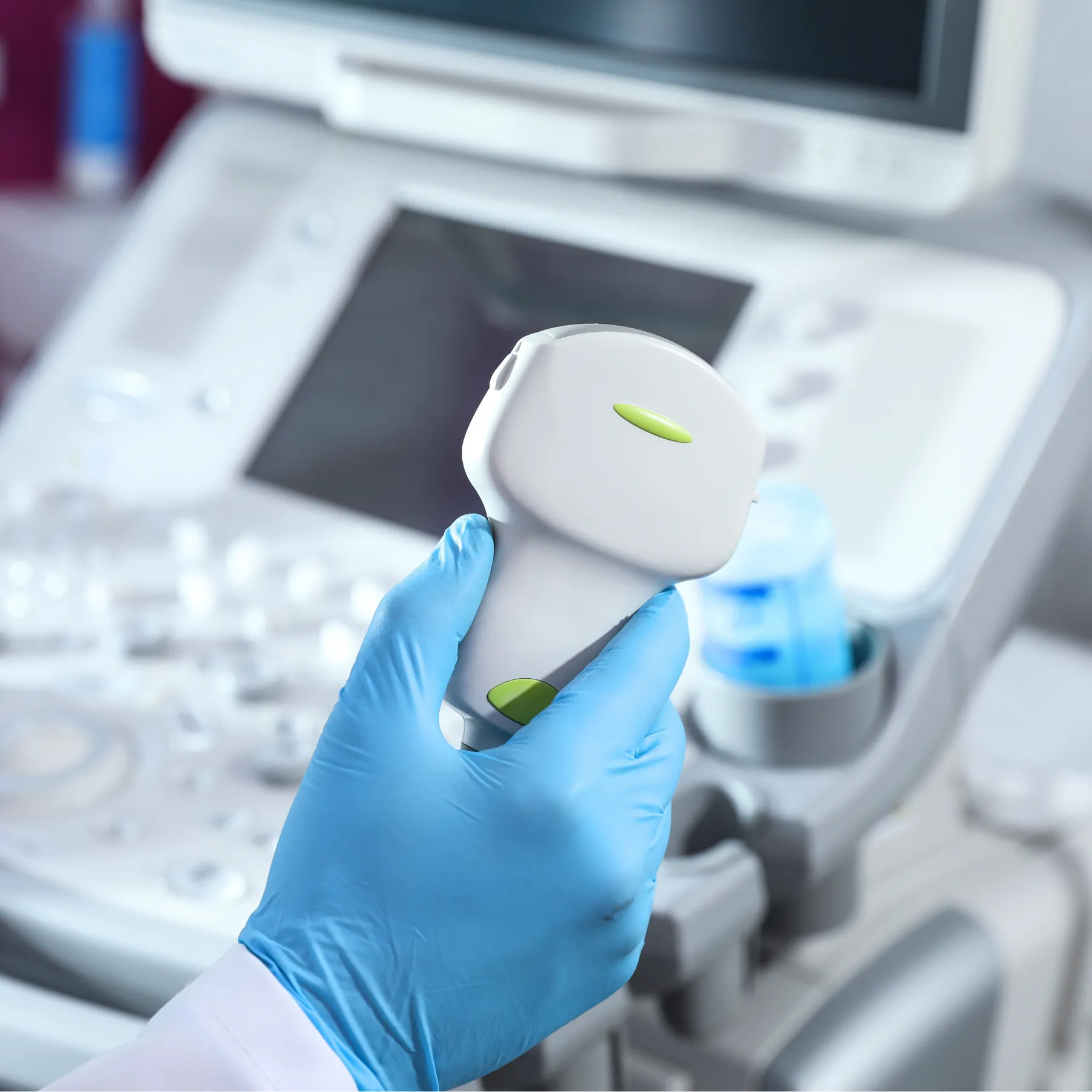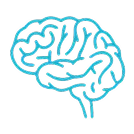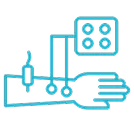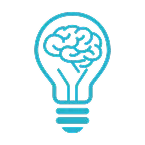What Is a Transcranial Doppler (TCD)?
A Transcranial Doppler (TCD) is a special type of ultrasound that uses sound waves to measure how blood flows through the brain’s major arteries. These sound waves are completely painless and inaudible to the human ear.
During the test:
- A trained technologist uses a small probe (called a transducer) to gently scan specific areas of your head and neck
- Ultrasound gel is applied to help the probe pick up signals from blood cells moving in your blood vessels.
- The speed and direction of the blood flow are recorded and analyzed.
There is virtually no discomfort during the test, and it is completely safe, even for patients with pacemakers.

Why Your Doctor May Recommend a TCD
Your neurologist may order a cerebral ultrasound to help evaluate or monitor:
- Reduced blood flow to the brain
- Narrowed or blocked arteries (stenosis)
- Vasospasm after a stroke or head injury
- Brain blood vessel abnormalities
- Sickle cell disease monitoring
- Migraine or TIA symptoms
The information gathered can help your doctor better understand your condition and plan the most effective course of treatment.

What to Expect During the Test
- The test is performed by a specially trained neurovascular technologist
- You’ll either be seated or lying comfortably on a padded exam table
- A small amount of ultrasound gel is applied to areas like your face, eyelids, and neck
- The technologist will gently place the probe on different points to record the blood flow
- You’ll be asked to stay very still and avoid talking during the test for the best results
The procedure itself typically lasts about 15 to 20 minutes, though you should plan to be in the office for up to an hour to allow time for preparation and post-test care.
How to Prepare for Your TCD
Before arriving for your test, please follow these important steps:
- Wash your hair and arrive with clean, dry hair
- Do not wear makeup on your face, eyelids, or neck
- Turn off cell phones and electronic devices before the test begins
- Let your technologist know if you’ve had any recent eye surgery
- Remove any hats, wigs, or hairpieces prior to the appointment
We’ll review any additional instructions with you at the time of scheduling or during check-in.






